Parenting in Urban India: A Quick Take
By Sukanya Sharma
“Yeh freelancing kya hota hai, beta?”
…As I try to explain my work profile to my parents. I’ve been repeating this for about 3 years now, almost. And every time, I have to come up with ‘acceptable’ definitions.
“Yeh toh bhaut struggle ka kaam lagta hai”, says my father.
(Editor’s Note: He’s not wrong!)
If you’re an Indian child, you will understand that the parent-kid relationship in our culture doesn’t expire as kids turn into adults. Nope. You still remain a 5 year old to your parents, and you remain answerable to your parents. What do you do? How do you work? Where do you work? How much money are you making? Who are you in a relationship with? Are you in a relationship? And so on. But that (at-times endearing) quirk apart, is the parent-child relationship changing today in urban India? And where are the lines getting blurred? What are the stories you’re sharing?
We spoke to a parent and counsellor in Mumbai to find out more, in the first of a series of conversations.*
ALSO READ: WHAT IS STRESSING OUT DELHI’S GIRLS?
Megha Mawandia, a parenting counsellor and founder of a parent support centre called Triyoke tells The Health Collective, “Parenting is geared towards performance today”. Working out of Mumbai, she sees the incredible amount of pressure parents and kids are under. From three year olds taking tuition to crack pre-school exams, to a shifting focus “from development to performance”, as she puts it, there seems to be little time for, well, childhood. And there are those who feel they have to go the extra mile to ensure the best for their children. “A lot of parents time pregnancy such that they can get their kids to attend a particular school. From the time the child is born, the years ahead are already planned – which pre-school to attend, which school to progress from there,” Mawandia says.
And then, as a child grows, those sorts of expectations are transferred. (We’ll wait to hear from parents reading this, but there’s no doubt that there are always going to be parental expectations — along with societal expectations. But these come with a price, that children ultimately have to pay.)
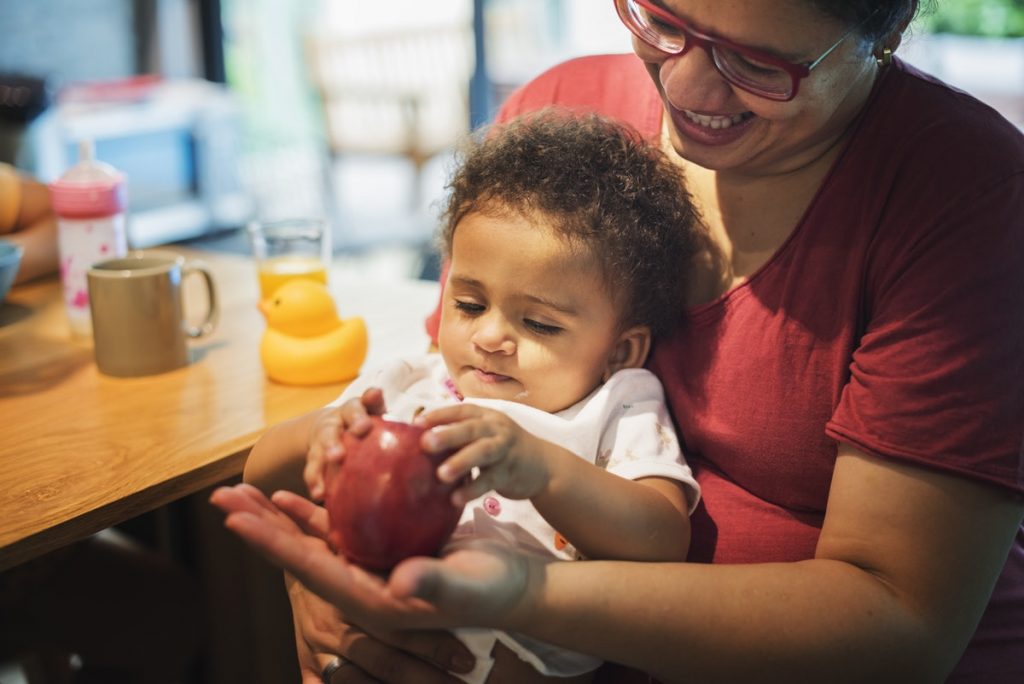
PARENTING STYLES
Let’s take a closer look at clinical psychologist Diana Baumrind’s work in developmental psychology. Her 1967 study into parenting styles is used till date, to understand parent-child behaviour.
So what do we do? “Don’t respond to societal norms, rather respond to your values”, says Mawandia. “In the initial years children are developing their pre-frontal cortex, (a part in the brain that highly contributes in personality development) and a parent’s job is to help develop this.”
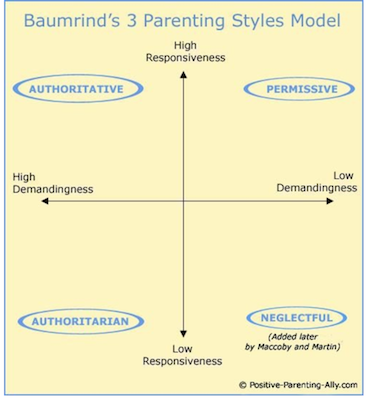
That spot that says “Authoritative” on the graph is the sweet spot for parents. Mawandia points out that she communicates to parents the need to take responsibility to set the rules, but also to allow space for growth. “Stamp outside just their ability” is the kind of approach she counsels parents to take.
Finding that balance of deciding things for your child, but also allowing them space to make their own decisions is what is crucial. Of course, it’s easier said than done.
Deepa Jayavardhan, parent to 3 year old Tiara, tells the Health Collective, “What matters the most is the mindset of the parents and what thought process they follow — whether they are affected by societal pressure or their child’s well-being.”
At the same time, parents do know (or feel they know) best! It’s not a one size fits all model. “I want a stable upbringing for my child, and I know what can be dangerous for my child, so I know where I need to step in”, says Deepa.
There’s at times a pervasive fear of something going wrong, with issues of child abuse surfacing almost daily in the news. Jayavardhan tells us that she’s constantly worried about her child’s safety. “You never know what could happen,” she says.
Bullying is also a problem that some kids face at school, and it is important that parents understand signs shown by their kids, and also make sure the school has proper process in place to deal with bullying.
ALSO SEE: DR AMIT SEN ON BULLYING
Earlier, Jayavardhan says, “Bullying was encouraged. You need a little bit of experience, they would say. But this attitude is changing today. It took me some time to explain to my daughter, who was bullied at school, to know that this was not okay. I needed to tell my daughter how important she was to us and how no one should/could be allowed to hurt her. It took a year of convincing.”
You certainly can’t blame some parents for worrying too much, or for becoming over-protective. Interestingly, The American Psychological Association released a paper this year, which says:
“Many overprotective parents may be trying to protect their child and shield him or her from harm, these parents may be receptive to parent training to afford their child the opportunity to develop appropriate self-regulatory skills and better overall adjustment by preadolescence.”
Source: http://www.apa.org/pubs/journals/releases/dev-dev0000536.pdf
BALANCING THE ROLES
While dialogues around traditional parental responsibilities are ongoing, some schools are also participating in this change. Jayavardhan mentions that some schools dictate that both the parents be present for Parent Teacher Meetings. In fact, there are some days which are earmarked at the start of the school year, where it’s mandatory for both parents to attend. The Times of India reported about a nationwide survey that revealed fathers today are showing more interest in their kids’ life, which includes attending school functions and events, and are being called penguin dads.
Megha Mawandia gives us a slightly different point of view, though, pointing to some schools in south of Bombay that expect mothers to be there all the time, making it difficult for working mothers.
Parenting styles, and popular wisdom certainly evolve with time, and with changing social structures. But at some level, there are basic needs all children have, which will stay universal, regardless of which century we live in — the right to be loved unconditionally, the right to a safe and happy childhood, the right to an education, to food, board, and happiness, the right to play! This Teacher’s Day, here’s hoping for all that and more, for each of our children.
FEATURE IMAGE: By Bruno Nascimento on Unsplash
Disclaimer: Views Expressed are Personal. The Health Collective is not a substitute for expert advice from a trained mental health professional.
*We want to hear from you. We know you’re inundated with advice, How To Guides and much more, but if you want to take part in this nascent series, get in touch!

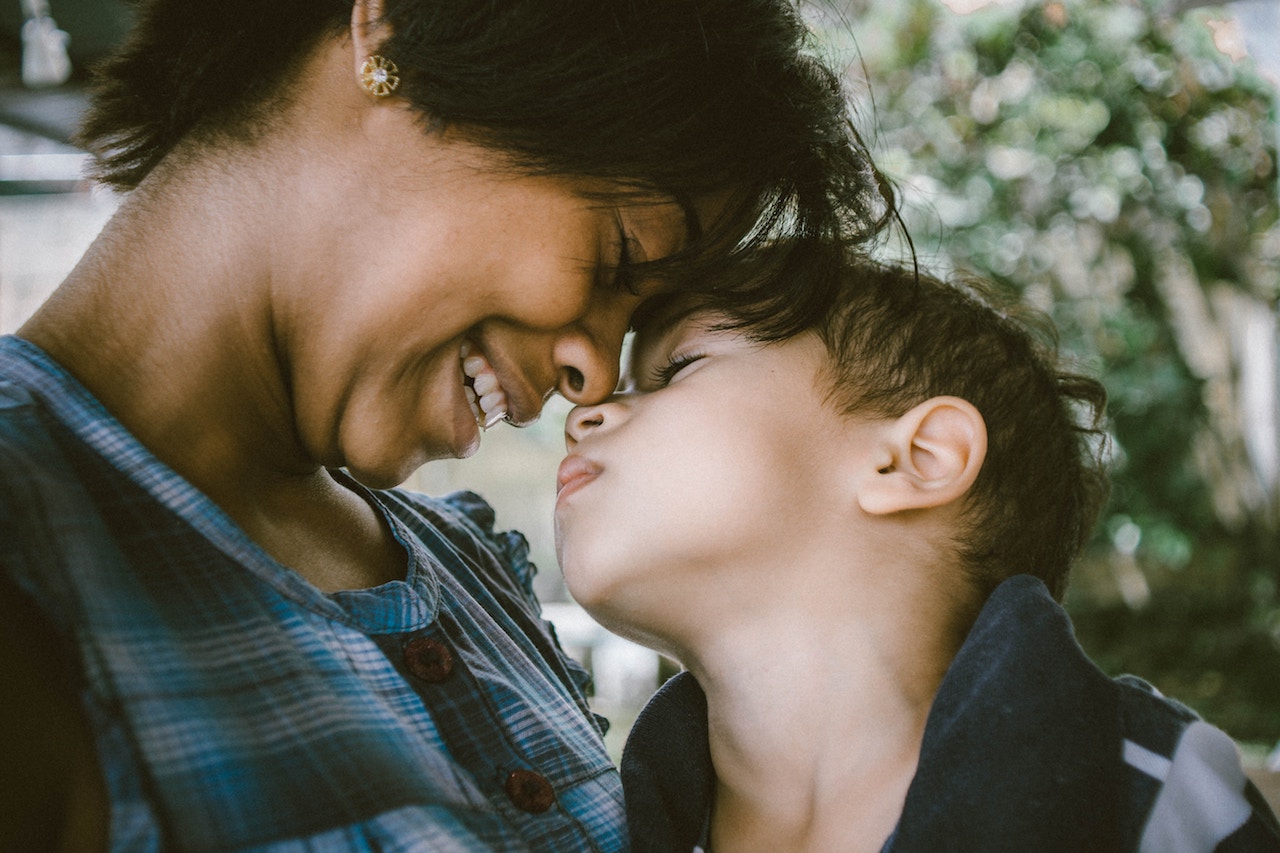
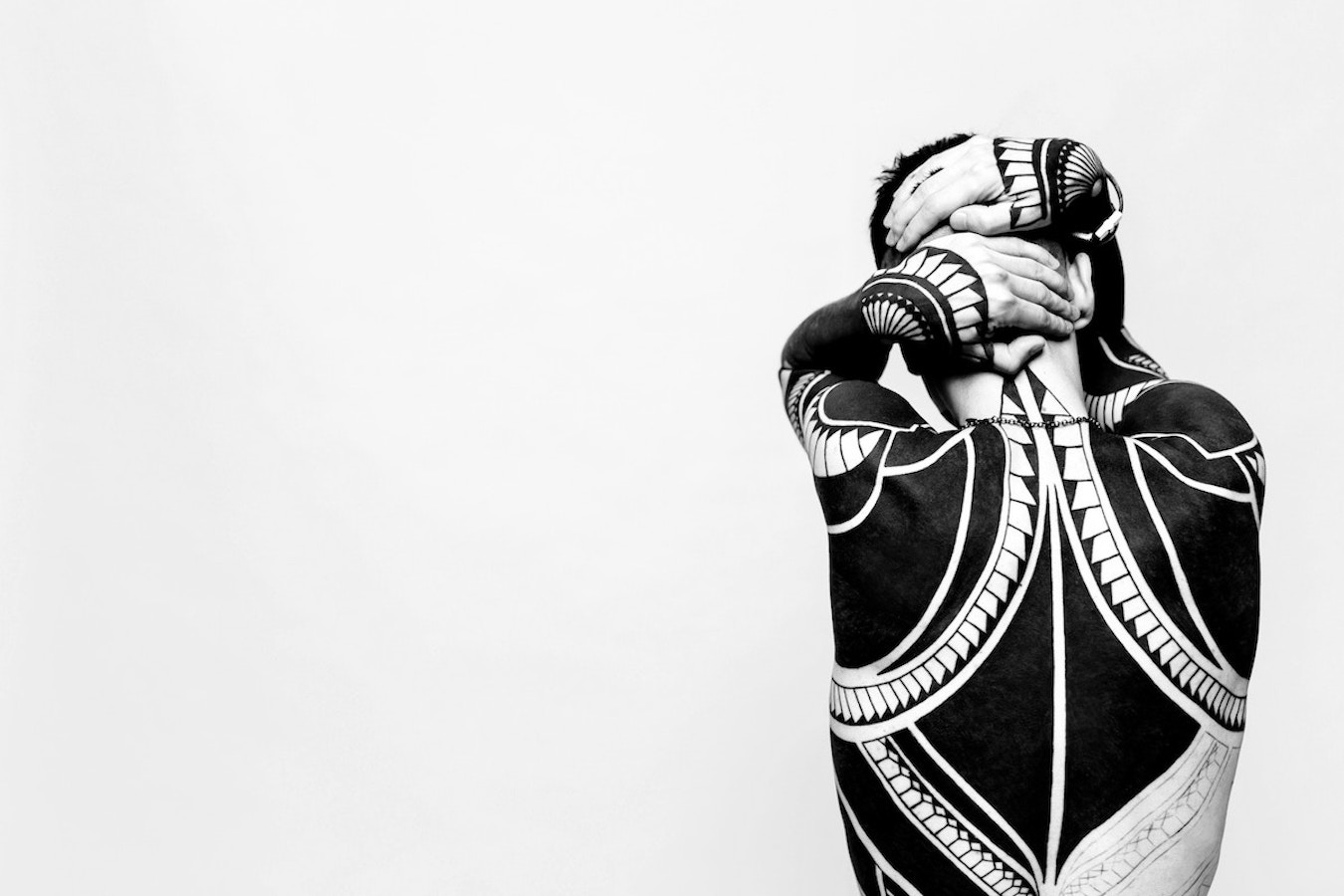
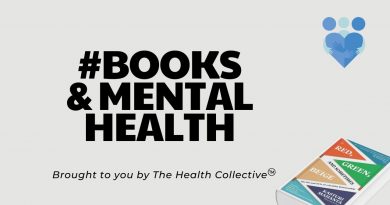
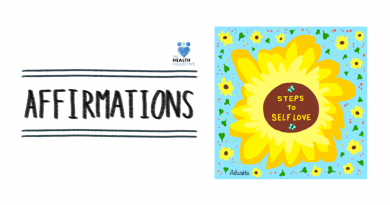
as I website owner I believe the written content here is very fantastic, thanks for your efforts.